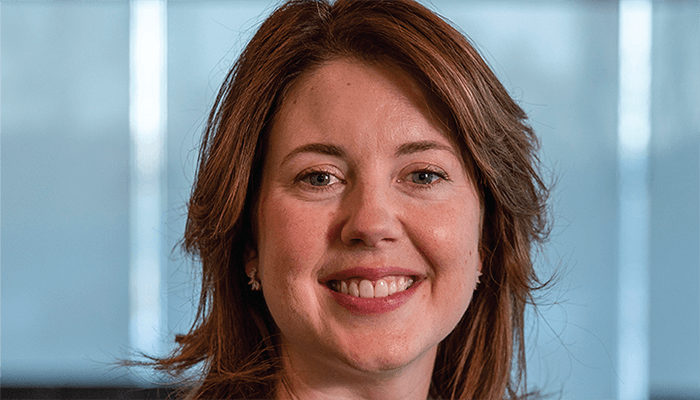How has your career progressed over the past four years?
In the four years since being highlighted by The Analytical Scientist, there have been many exciting developments in my career – but I’m most proud of my students. Since 2018, three of them have graduated with their doctoral degrees and they are progressing to postdoctoral positions. My group has more than doubled, too – to a team of 16 graduate students, seven undergraduates, and one postdoctoral research associate.
Thanks to my team’s excellent work, we have secured funding from diverse sources, including NIH Early Investigator Trailblazer, NSF CAREER, and Cottrell Scholar awards. With this support, we have developed methods for circulating tumor cell analysis, electrokinetic enrichment and separation of chemical species within water-in-oil droplets, and more sensitive bioanalysis at arrays of wireless bipolar electrodes. These achievements also led to my recognition with the Pittsburgh Conference Achievement Award, the Satinder Ahuja Award for Young Investigators in Separations Science, the Royce W. Murray Young Investigator Award, and the Analytical Chemistry Young Innovator Award – all granted in 2021.

What are your plans for future research?
Now that we have established the methods noted above, we are using them to tackle current challenges in human health, while revisiting their fundamental underpinnings to support further advancements. To give you an example of a current application, we are evaluating patient-derived blood samples for circulating melanoma cells in collaboration with the University of Iowa. We are also developing a point-of-care device to detect viral RNA without the need for an amplification reaction, such as polymerase chain reaction. On the more fundamental side, we are quantifying ion injection and extraction from pico- to nanoliter scale droplets to achieve fine control over their composition, which is required for both sample preparation and droplet-confined syntheses.
What lessons have you learned over the past four years?
Over the past several years, I have learned the importance of relationships – particularly with collaborators and students – to both scientific impact and loving what you do. For that reason, my advice to those early in their careers is to build positive working relationships and to take every opportunity to meet others in your field.
The Top 40 Under 40 Power List returns! Now’s your chance to ensure gifted, inspiring, and perhaps overlooked young scientists get the recognition they deserve; fill out the nomination form.




